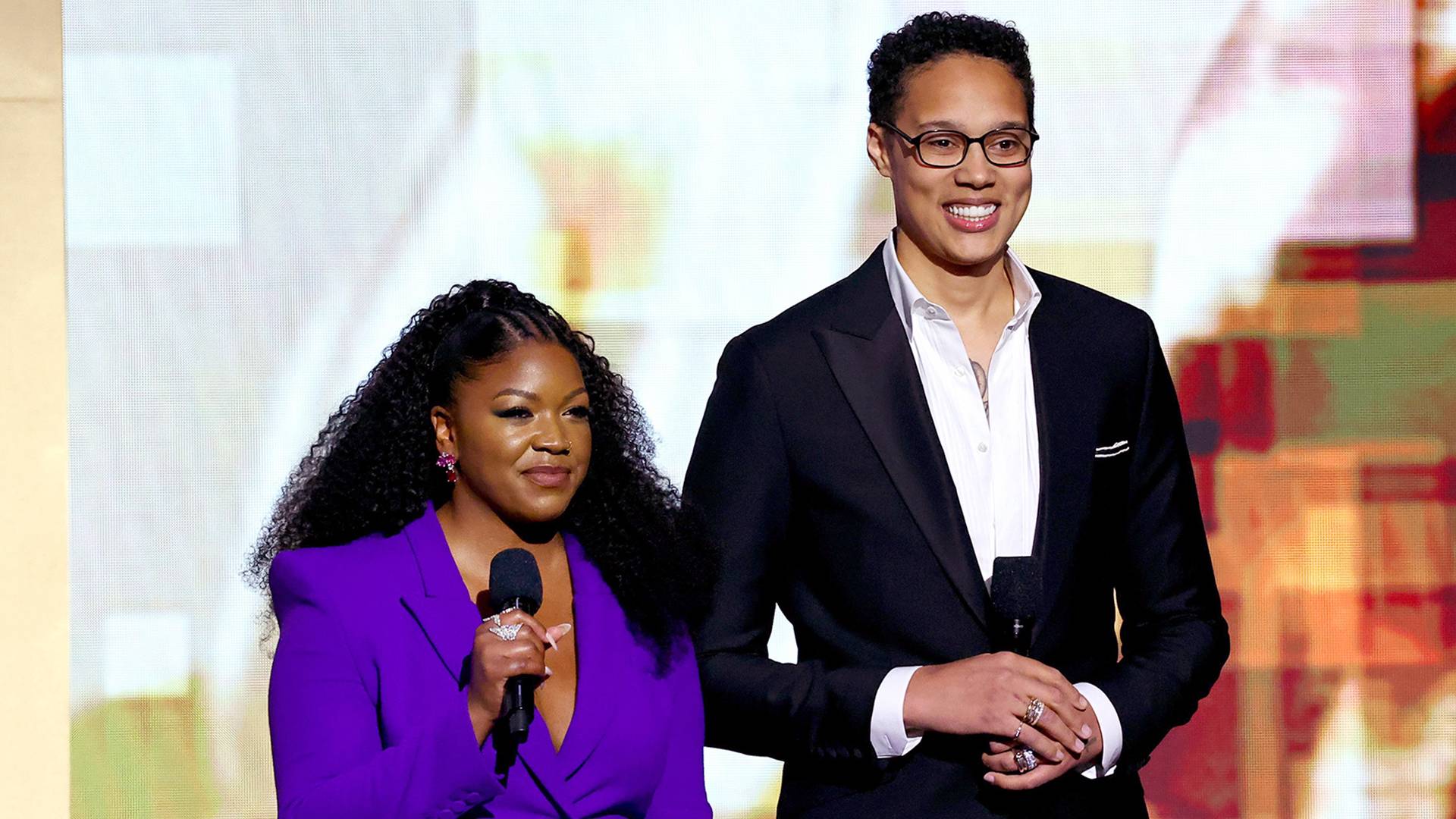Motown: The Soundtrack of Young America

There isn’t a Black-founded record label like Motown Records that has stood the test of time. Founded in Detroit by entrepreneur and songwriter Berry Gordy Jr. in 1959, the label gave birth to future icons ranging from Smokey Robinson, The Temptations, The Jackson 5, Marvin Gaye, The Supremes, Stevie Wonder, and dozens of others. As the cultural landscape of the United States began to evolve through racial integration brought about by the Civil Rights movement, Motown became a symbol of progress. All of those aspects allowed the label to become one of the most dominant record labels in pop music during the 1960s and 1970s.
Deriving from Detroit’s nickname “Motor City,” Motown was first established by Gordy with a modest $800 loan from his family savings as Tamla Records. He would buy the famous Hitsville USA headquarters, formerly a photography studio, with funds and take a unique approach to making hits. Inspired by his time working at a Lincoln-Mercury auto plant assembly line, he treated his record label like an auto company. Hitsville, USA, was self-sufficient enough to have its own recording studios, in-house songwriters, producers and backing musicians, which was rare for record labels then.
This attitude toward running an independent label like an assembly line at the time gave way to The Motown Sound. A lighter take on soul music, the Motown Sound also brought r&b, gospel and pop influences, intricate arrangements, and orchestration. Sounds were also explicitly mixed to sound good on car radios as well.
The most important aspect of the Motown Sound were in-house musicians, The Funk Brothers. They would be responsible for pinning some of the label’s biggest hits within their first several years of existence, including The Temptations’ “My Girl” and “I Heard It Through the Grapevine,” “Baby Love” by The Supremes and the Marvin Gaye and Tammi Terrell classic duet “Ain’t No Mountain High Enough.”
Meanwhile, Smokey Robinson served as one of the crucial writers for Motown when he wasn’t leading the group The Miracles. Robinson would give the label their first #1 hit through Mary Wells’ classic “My Guy.” Between 1960 and 1969, the label earned 79 records on the Billboard Hot 100 and sold millions. Motown would continue that run into the 1970s thanks to Marvin Gaye’s What’s Going On album, Diana Ross’ emergence as a pop solo icon, and Stevie Wonder’s legendary string of groundbreaking albums from 1972’s Music of My Mind to Songs in the Key of Life in 1976.
Between the mid-70s and late 80s, Gordy’s ambitions for Motown were beyond just music. Settling the label in Los Angeles around that time, Motown Productions would have a serious string of blockbuster films, including the Diana Ross-led Lady Sings the Blues and Mahogany, The Wiz and The Last Dragon. That doesn’t mean that Motown didn’t forget about the music despite changes in music taste in American pop. The 1980s would be a transitional period for the label thanks to the rise of artists like Rick James, Lionel Richie’s solo releases post-Commodores, Dazz Band and DeBarge.
As contemporary hip-hop and r&b began to dominate music during the late 80s to the present, Motown remained on the pulse of music even through various acquisitions. A post-New Edition Johnny Gill, Boyz II Men would maintain their soul and r&b legacy. Motown also began embracing hip-hop as well through MC Trouble and M.C. Brains. Before Def Jam collaborated with Electronic Arts for rapper-based fighters Vendetta and Fight For New York, Motown was already attempting to try their hands at video game development by adapting the 1992 animated film Bebe's Kids and arcade basketball game Rap Jam: Volume One.
By the time the mid-90s transitioned into the new millennium, the label would host neo-soul progenitor Erykah Badu, Brian McKnight, KEM, and many others. Now a part of the Universal Music Group, Motown is as alive as ever. Over the past year, the label has dropped singles for rising talent, including Lakeyah, Leon Thomas, and Smino. From breaking ground for Black artists during the 1960s to ushering in the new sounds of today, Motown has always been on the pulse of pop music.





